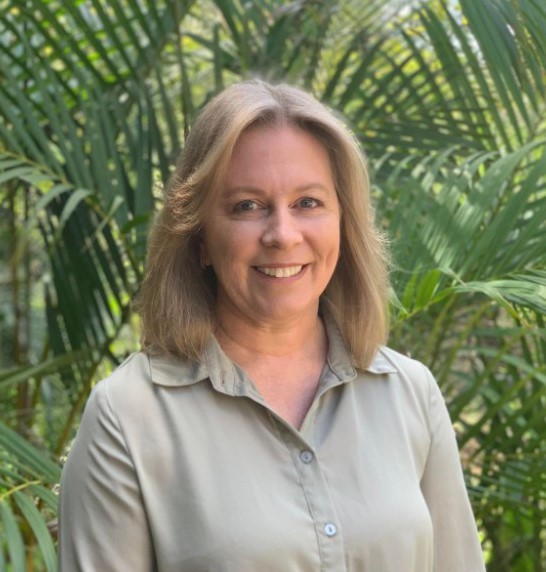CHALLENGES FOR OLDER TEENS
We often joke about how difficult teenagers can be, with their bad attitude, crazy dress styles, loud music, mood swings, withdrawal from family, and constant breaking of the rules. Sometimes what young people experience is a normal part of growing up and becoming an adult. But it isn’t always easy, and sometimes what may seem to be just the “teenage years” is actually more serious.
One in four young people are living with a mental illness and 9% of young people (16-24 years old) experience high to very high levels of psychological distress (Australian Institute of Health and Welfare, 2007). People aged 18-24 years have the highest prevalence of mental illness of any other age group and youth suicide is the leading cause of death in young people aged 15-24 years (ABS, 2012) – from “Fact Sheet – Depression in Adolescents and Young People” by www.blackdoginstitute.org.au.
Knowing the difference between what may be an emerging mental health issue and the natural (but sometimes challenging) reactions that we experience in the transition between childhood and becoming an adult, is not easy. Both parents and young people can often feel overwhelmed with conflicting advice, and the pressure to be the best they possibly can. Finding out more about youth mental health and well-being is a good start to understanding your situation better. A great source of information is the Black Dog Institute, an organisation focused on providing information, resources and community support in mental health.
If you have more questions or for more information about how this information might relate to your personal situation it is a good idea to make contact with someone like a Long Gallery Psychologist. We can also help you understand the process of obtaining a referral from your GP and access to Medicare rebates for your sessions.
With early intervention and support, young people can develop positive coping skills and can learn to manage and overcome difficulties and challenges in their lives. The Long Gallery Psychologists have a firm commitment to building strong, positive, trusting relationships with all their clients, and work with them to understand and explore their world, discover their strengths and invent new ways of living well.
Our Psychologists who focus on challenges for teens:
Zach Raftery
Psychologist
Zach works from a person-centred framework, guided by the principles of acceptance, safety, unconditional positive regard, and empathy. He has a masters degree in Clinical Psychology, a masters degree in Counselling Psychology, and holds endorsement in both areas of practice. In his clinical work, Zach draws primarily from the Acceptance and Commitment (ACT), Compassion Focused (CFT) and Cognitive-Behavioural (CBT) therapeutic modalities. Zach has a particular interest in working with clients who are struggling with grief and bereavement. He works with clients across the lifespan, including primary and high school aged children, students, parents, young adults and older adults. Zach has previously worked clinically in a variety of occupational settings, including schools, disability and employment services, corrective services, the performing arts, child mental health, and in private practice. When he is not working at our clinic, Zach teaches advanced counselling skills to students in the Masters of Psychology and Masters of Counselling programmes at UQ. Zach is also a board-approved supervisor (STAP certified) and he supervises provisional (trainee) psychologists who are completing postgraduate study. He enjoys sushi, rainforests, video games, sleep, dumplings, and dogs.
See More
Kathy Cleland
Psychologist
Kathy initially trained as an early childhood educator and became curious about how our minds and brains function when she was working with children with neurological differences. After starting her own family, Kathy worked with adults and adolescents with developmental disabilities before moving to Queensland in the late '90s, where a change of career took her into the publishing and advertising industry. However, Kathy's interest in how we think, behave, and function saw her return to university and study psychology, where she is now an Associate Supervisor of suicide prevention research. Kathy loves learning about how we learn, and recently completed a Master of Educational Neuroscience.Kathy has a particular interest in neurodivergence and helping people, and their families, to improve their lives and wellbeing in a manner that supports the unique way that their brain works. Her areas of interest include Autism, suicidality, complex trauma, and plurality. Kathy has advanced training in crisis care and suicide prevention. She engages in a relational approach, which is person-centred, trauma-informed, and neurodiversity affirming.Kathy provides neuroaffirming Autism and ADHD diagnostic assessments. She tailors comprehensive assessments to the unique needs of each client, and utilises the MIGDAS-2 and DIVA-5 diagnostic interviews (which are considered the most current and neuroaffirming Autism and ADHD assessment tools available).In her spare time, Kathy enjoys bushwalking, online forums, and coffee with friends.
See MoreKathy Focusses on:
